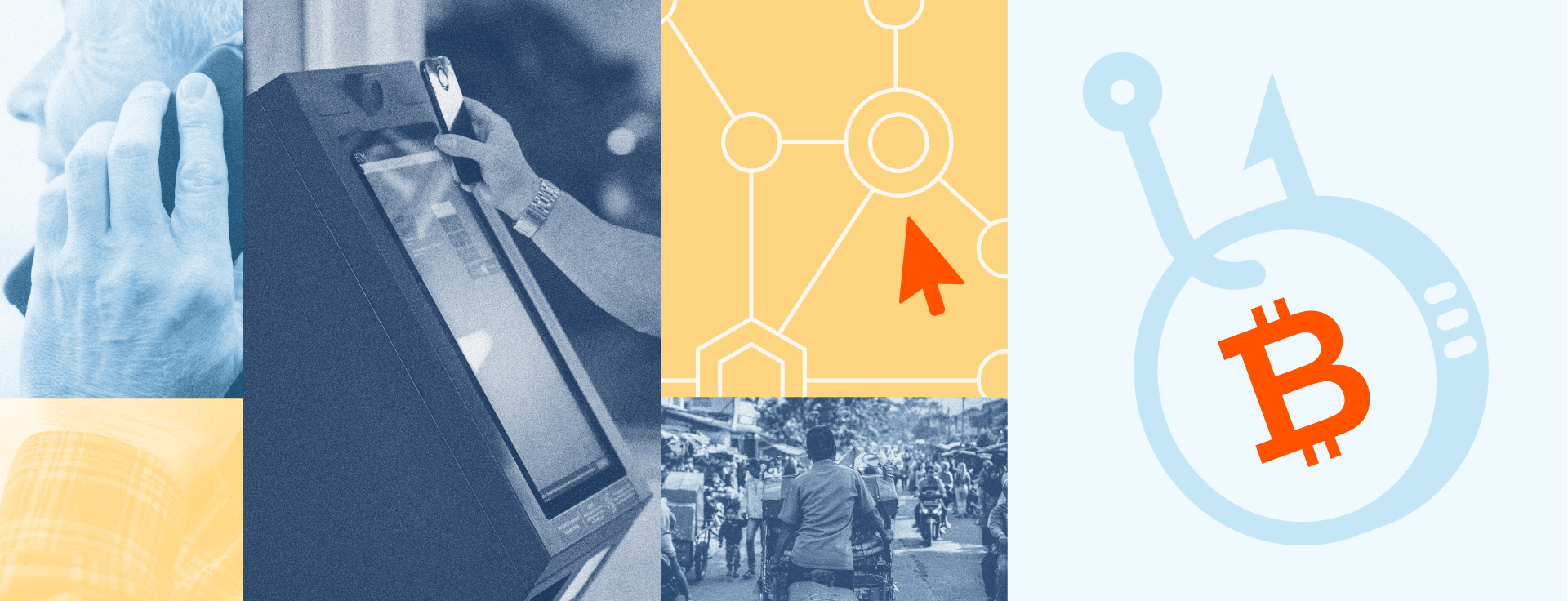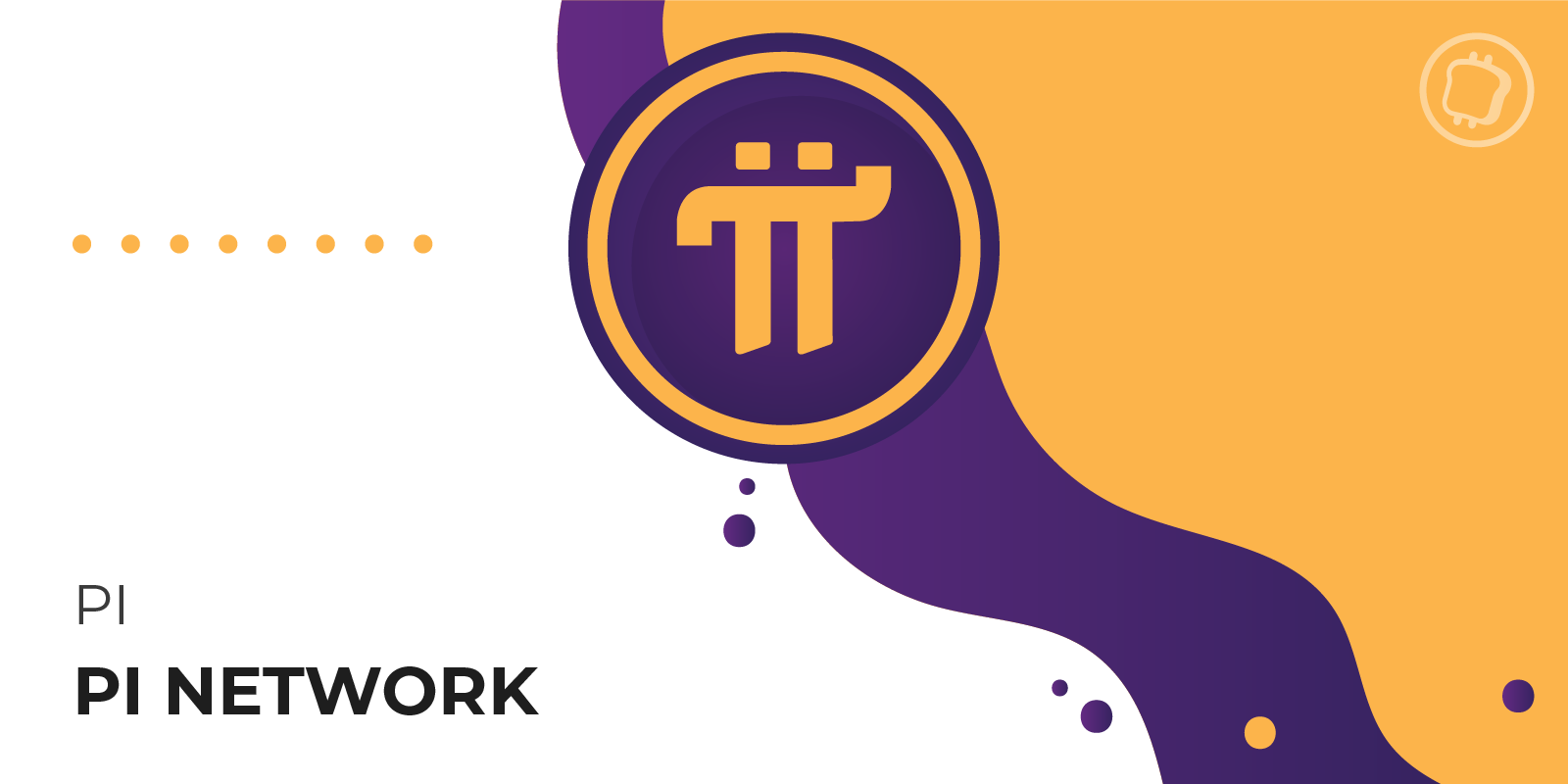A report by academics recently brought to light indicates that almost 98% of the tokens listed on the decentralized exchange (DEX) Uniswap (UNI) are said to be scams or rug pulls. The findings of the study have sparked some debate, particularly about the inherent nature of malicious projects within decentralized finance (DeFi).
Uniswap (UNI), a tank for scams?
In a study entitled “Do not rug on me: zero-dimensional scam detection”, 3 university researchers highlighted the staggering proportion of scams circulating on the decentralized exchange Uniswap (UNITED).
The study, which covers all the tokens listed between May 4, 2020 and September 3, 2021, reveals very sad data: on all the tokens screened, 26,957 tokens are rated as scams, and only 631 tokens are considered “clean”.
In order to compile the data and classify it, the team of academics based their work on a system of machine learning in order to detect rug pulls even before they are officially qualified as such with almost flawless precision.
This process compiles and analyzes the composition of the different Uniswap pools, the way the tokens are distributed and the way the tokens are distributed among the different investors.
In parallel with the edifying conclusion of the study, this would be the first advanced rug pull detection systemaccording to the paper:
“To our knowledge, we are the first to design an automated and accurate detection system to predict future drawdowns and scams using relevant characteristics of pool status and token distribution among users. »
👉 To dive deeper – Discover our presentation of the Uniswap (UNI) DEX
The No. 1 exchange in the world – Regulated in France
10% off your fees with code SVULQ98B 🔥
A questionable methodology according to some
Although the paper was originally published earlier this year, its recent sharing on social media has sparked some debate within the ecosystem. For Marc Zeller d’Aave for example, who moreover recently sits as chairman of the DeFi committee of ADAN, the freedom of decentralization implies an innate proportion of projects doomed to failure :
“A long time ago, my country passed a law to lower the capital needed to start a business to €1. Back then, people said “idiots and crooks will start businesses, bad idea!”. It was true, what was also true is that some of these $1 companies are now unicorns. […] Less friction and fewer requirements have drawbacks. But I am on the side of freedom, accepting personal responsibility for the risks. »
Scott Lewis for example, claims that the term “rug pull” is misused in the study, and that most tokens identified as bad are mostly “dlow effort, low income phishing scams “.
For Maya Zehavithe CEO of Stealthy new ventures, the methodology used is not necessarily relevant:
“Sorry, but that’s a damn flawed methodology for that claim. They literally took ALL the tokens since 5/20 – 27,000 in total and didn’t bother to filter them by liquidity/volume…or anything. That’s like saying 97% of Twitter accounts are fake, but none have been active in the last year. »
Anyway, in order to invest in a token – regardless of its origin – always do your own research as to the seriousness and credibility of the project.
👉 Keep your cryptocurrency safe with the Ledger Nano X
The French unicorn of crypto wallets 🔒
A complete crypto experience, from buying to securing




Source: Study Document
Newsletter 🍞
Receive a summary of crypto news every Monday by email 👌
What you need to know about affiliate links. This page presents assets, products or services relating to investments. Some links in this article are affiliated. This means that if you buy a product or register on a site from this article, our partner pays us a commission. This allows us to continue to offer you original and useful content. There is no impact on you and you can even get a bonus by using our links.
Investments in cryptocurrencies are risky. Cryptoast is not responsible for the quality of the products or services presented on this page and could not be held responsible, directly or indirectly, for any damage or loss caused following the use of a good or service highlighted in this article. Investments related to crypto-assets are risky by nature, readers should do their own research before taking any action and only invest within the limits of their financial capabilities. This article does not constitute investment advice.







